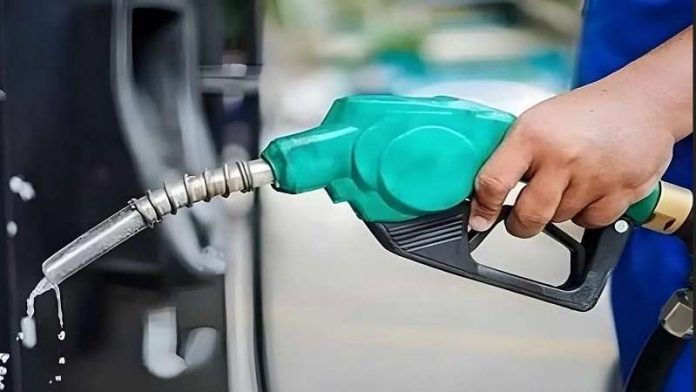The looming surge in petrol and diesel prices in Pakistan, set to take effect from April 16, 2024, underscores the relentless pressures faced by consumers grappling with inflation. Global oil market fluctuations, compounded by the government’s decision to escalate levies on petroleum products, contribute to the impending price hike. Citizens, already burdened by rising living costs, are poised to face another blow to their wallets as petrol prices are expected to soar by over Rs 9 per litre. This significant increase, coupled with the anticipated Rs 2 per litre hike in diesel prices, amplifies the strain on household budgets.
Such developments not only impact individual consumers but also ripple through the economy, affecting transportation costs, inflation rates, and overall economic stability.
The government’s strategic decision to adjust petroleum product levies reflects the delicate balance between fiscal responsibility and socio-economic welfare. As citizens brace for the impending price surge, policymakers must navigate the complexities of balancing revenue generation with mitigating the impact on vulnerable segments of society. Collaborative efforts between government agencies, industry stakeholders, and civil society are essential to formulate sustainable solutions that address both short-term price pressures and long-term economic resilience.


